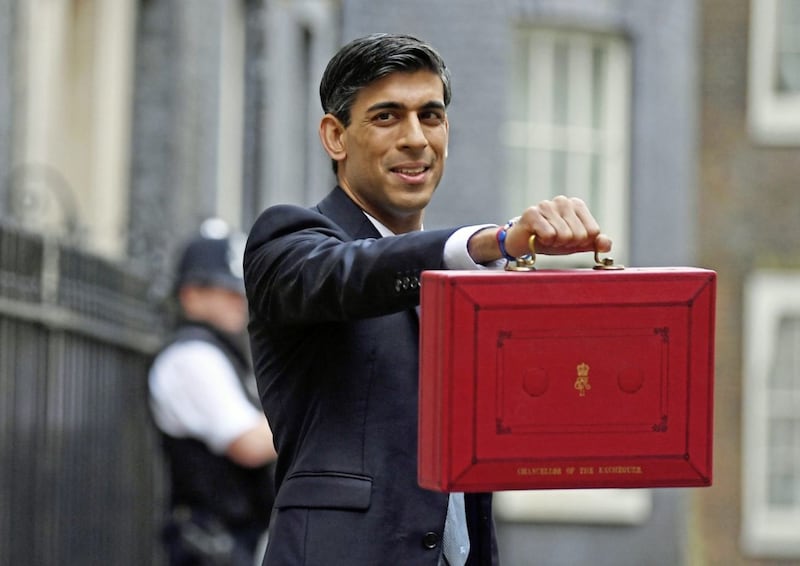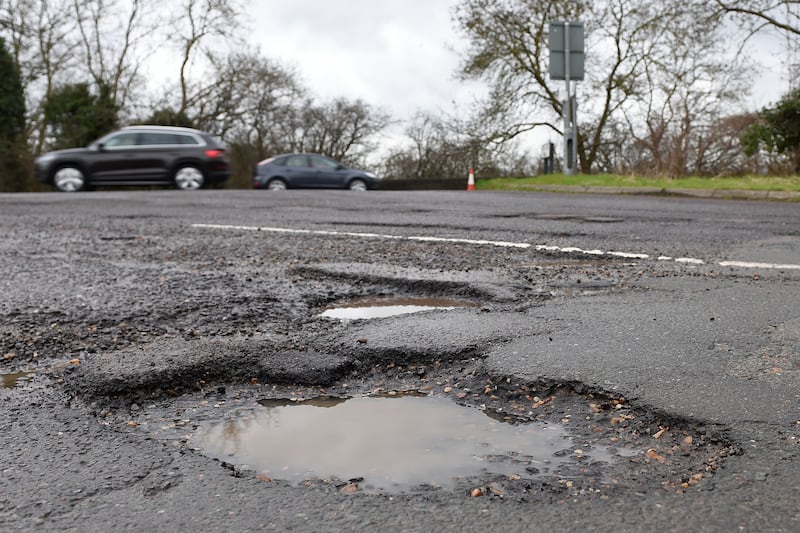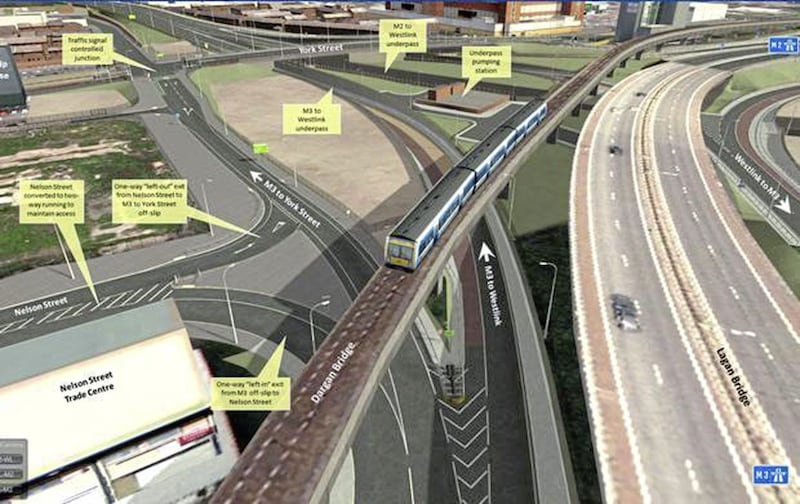In 2010, when leaving office after Labour lost the British general election, Liam Byrne, chief secretary to the Treasury, notoriously left a note for his successor. It said: “I’m afraid there is no money.”
He meant it as a joke but it backfired terribly. David Cameron and George Osborne used it as a weapon against the Labour party and as justification for the draconian austerity they inflicted on the UK.
It wasn’t the first time an outgoing minister had given a similar message to his successor. In 1964 Reginald Maudling, the Chancellor, met the incoming Labour Chancellor, Jim Callaghan, on the steps of the Treasury and said: “Sorry to leave it in such a mess, old cock.”
That triggered what became the sterling crisis for the new Labour government, resulting in the devaluation of the pound in 1967, a major landmark in Britain’s long, slow decline, inexorably dragging the north with it.
It’s going to be worse this time. The UK really is broke but this rotten, corrupt, lying Conservative government is doing nothing to remedy the dire state of affairs.

On the contrary, Sunak’s government, if it still is his government much longer, is trying to buy the election with tax cuts in the budget on March 6. Another attempt to pull the wool over people’s eyes. In fact, regardless of any tax cut in March, this parliament since 2019 has seen the overall level of taxation rise fastest since records began. It’s now at 37% of GDP.
Among the many effects of this approach are two which are critically damaging for Britain but have a greater effect on the north. First, cutting any tax in March means there’s less money for public services, which the Conservatives have decimated. Secondly, there’s no money for infrastructure, which is desperately needed here.
If the British economy were growing there might be a case for cutting taxes, but it isn’t. Poor productivity, an ageing population, increasing demand for services like health and education and disability all place more demands on public services which can’t be fulfilled by an economy which is flatlining on the edge of recession, and certainly not by a government which doesn’t believe in public services.

To add to this miserable picture, an incoming Labour government will be unable to pay for improvements in public services without raising taxes and achieving growth in the economy. None of that can or will happen in the short term.
The consequences for this place are bleak. Here people have the lowest average income and lowest disposable income in these islands, the lowest productivity, highest dependency rates, highest economic inactivity, longest waiting lists for health and all with the lowest benefit rates in western Europe. None of these positions will improve by remaining part of the UK.
There will be no money for infrastructure, road or rail. Arguing about the proposed £30 billion All-Island Strategic Rail Review ignoring west of the Bann is a pointless pipe dream. There will be no railway investment; maybe the odd tweak of the Dublin-Belfast line because there’s no money. They can’t even afford the York Street flyover joining the Westlink and M2.

Actually, there’s not even enough money to fix the potholes in the north’s roads, so it’s make do and mend until the first lorry scrapes off the patch.
Demanding the return of Stormont is all very well but it will not have the slightest effect on any of the above. An executive can only administer the money Britain sends.
There is a remedy. You could always vote to leave the UK
You’ll notice the proconsul’s December offer was only for a year, won’t close the pay gap with England, but crucially won’t enable any infrastructure development. Apart from the work on the A6 to Derry, the roads are where they were 20 years ago, except the traffic on the A1 and A5 is much heavier.
There is a remedy. You could always vote to leave the UK.




